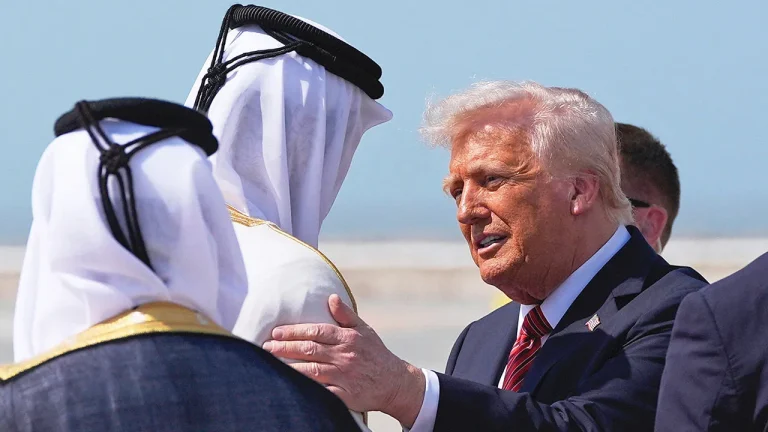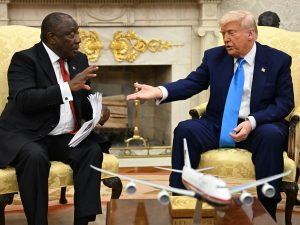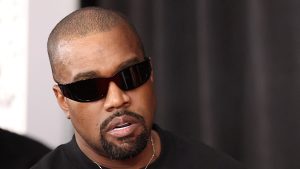Trump’s Controversial Welcome of White South African ‘Refugees’ Raises Eyebrows and Questions
It wasn’t your typical refugee arrival scene. No chaos, no desperate border crossings—just 59 white South Africans stepping off a chartered flight at Dulles International Airport, waving American flags. They were greeted by applause and U.S. Deputy Secretary of State Christopher Landau.
The moment was picture-perfect, almost too perfect. But behind the smiles was something far messier: politics, identity, and a claim that’s been labeled everything from humanitarian concern to dangerous misinformation.
President Donald Trump says these Afrikaner families—descendants of Dutch, French, and German settlers—are fleeing what he calls “a genocide” in South Africa. His words weren’t subtle: “White farmers are being brutally killed, their land stolen. We can’t ignore it anymore.”
But South African President Cyril Ramaphosa is pushing back hard, calling the claims “completely false.” In his words, “They’re not fleeing persecution—they’re fleeing change.”
So, who’s telling the truth?
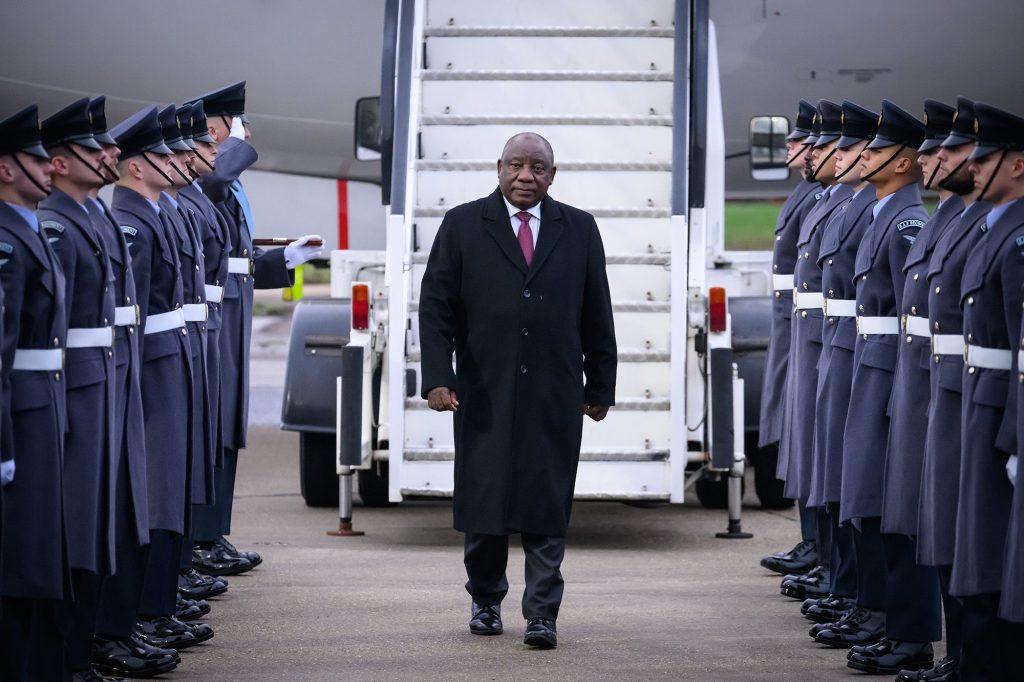
A Complicated History, a Charged Present
Let’s rewind. The Afrikaner story in South Africa isn’t one of simple victimhood. For generations, they were the ruling class under apartheid—a system built on brutal racial segregation that ended only in 1994.
Today, Afrikaners make up just 4% of South Africa’s population, yet many still own large swaths of farmland. Their language, Afrikaans, and culture are deeply rooted in the land—but so is the country’s history of land dispossession.
And now, with new land reform laws on the books, some Afrikaners fear losing their properties. Trump’s administration seized on that fear—and turned it into policy.
Is it legitimate concern or political theater? That depends on whom you ask.
Do the Numbers Back It Up? Not Really.
Between October and December 2024, South Africa recorded 6,953 murders. Farm-related killings? Just 12. And of those, only one victim was a farmer. Most of the others were workers, likely Black South Africans.
No political party in South Africa—even those representing white citizens—has publicly claimed that genocide is occurring. A judge even dismissed the idea as “imagined” and “not real” earlier this year.
Still, right-wing media in the U.S. have amplified the narrative. And Elon Musk—Trump’s outspoken ally and a South African native—has added fuel to the fire, claiming his company Starlink can’t operate in the country due to “racist ownership laws.”
One small detail: South Africa’s telecom regulator says Musk never even applied for a license.
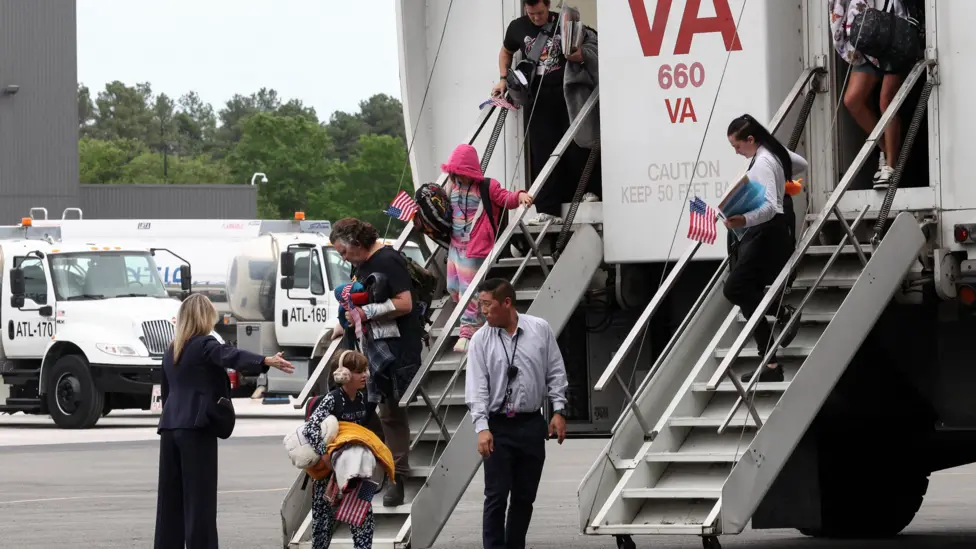
So Why Bring Them In?
Officially, Trump says it’s not about race. “It makes no difference to me,” he told reporters. But let’s be honest—it looks a certain way.
Welcoming white refugees fleeing a Black-led country, based on controversial claims? For some, it reeks of dog-whistle politics.
Still, the arrivals tell a different story. “We never expected this land expropriation thing to go so far,” said Charl Kleinhaus, who arrived in the U.S. with his family. He claims he received threats and had people try to take his property.
Can that be verified? Not at the moment. But the emotional pull is real—and powerful.
Staying or Leaving: A Divided Community
It’s worth noting that the vast majority of Afrikaners—about 2.5 million—are staying put. Even conservative Afrikaner parties like the Freedom Front Plus have said they’re committed to building a future in South Africa.
One lobby group, Solidarity, even published a post titled “Ten Historical Reasons to Stay in South Africa.” So the picture isn’t black and white—literally or figuratively.
A Song, A Symbol, A Fight Over Meaning
One of the most controversial elements fueling this crisis is a song: “Shoot the Boer,” often sung by the far-left EFF party. Trump and Musk call it incitement. South African courts say it’s not literal.
“Protest songs aren’t policy,” ruled the court. “They’re provocation—sometimes ugly—but protected.”
Even former President Thabo Mbeki urged the party to stop singing it. Still, the debate continues, and the symbolism cuts deep.
So What Now?
Trump’s critics say this isn’t about saving lives—it’s about scoring points. His supporters say it’s about standing up for “forgotten” people who are scared and ignored.
One thing is clear: this story isn’t just about South Africa. It’s about the U.S., too. About race, history, and who we choose to see as deserving of refuge.
Is it protection? Or projection?
For now, dozens of new arrivals are settling in Buffalo, New York. More are expected to come. And somewhere between fear, politics, and reality lies a story that—depending on who’s telling it—sounds very different.

